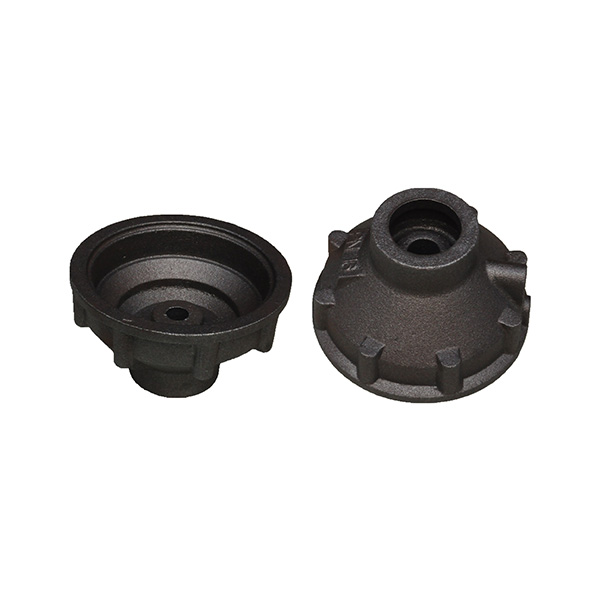Mobile:+86-311-808-126-83
Email:info@ydcastings.com
Aluminium Ingot Production Techniques and Best Practices for Efficient Casting
Aluminium Ingot Casting An Overview
Aluminium ingot casting is a crucial process in metalworking, serving as the foundation for the production of various aluminium products used in diverse industries. From aerospace to automotive, the importance of aluminium as a lightweight, corrosion-resistant material cannot be overstated. Ingot casting, in particular, plays a vital role in shaping primary aluminium into usable forms for manufacturing.
The aluminium casting process begins with the melting of aluminium scrap or primary aluminium in a furnace. The temperature needs to be carefully controlled, typically reaching between 660°C and 700°C, the melting point of aluminium. Once the aluminium becomes molten, it is poured into molds to form ingots. These ingots are essentially blocks of aluminium that can be further processed through rolling, extrusion, or other methods to create specific products.
One of the primary advantages of aluminium ingot casting is its efficiency. The process allows for the recycling of aluminium scrap, significantly reducing the environmental impact compared to primary aluminium production. In addition, aluminium has a high strength-to-weight ratio, making it a preferred choice for manufacturers seeking to minimize weight while maximizing performance.
aluminium ingot casting

There are several methods of aluminium casting, including sand casting, die casting, and continuous casting. Each method has its own advantages and applications. Sand casting, for example, is often used for large, complex parts, while die casting is suitable for high-volume production with precision requirements. Continuous casting, on the other hand, produces long sections of aluminium that can be easily shaped into ingots.
After casting, the ingots must undergo various treatments to enhance their properties. Heat treatment, for example, can improve strength and hardness. Additionally, surface treatments such as anodizing are commonly applied to improve corrosion resistance and aesthetic appeal.
The aluminium ingot market is influenced by several factors, including global demand for aluminium products, technological advancements in casting techniques, and environmental regulations. As industries strive for sustainability, the recycling of aluminium and the efficient use of resources have become increasingly critical. The aluminium ingot casting process not only meets these demands but also provides a pathway for innovation in manufacturing practices.
In conclusion, aluminium ingot casting is a foundational process in the aluminium industry, supporting the production of numerous applications across various sectors. Its efficiency, sustainability, and adaptability make it an essential part of modern manufacturing. As technology advances and environmental considerations become even more pressing, the importance of this casting method will continue to grow, ensuring that aluminium remains a vital resource for the future.
-
Understanding Metal Casting TechniquesNewsApr.02,2025
-
Understanding Exhaust Manifolds for Enhanced Engine PerformanceNewsApr.02,2025
-
The World of Metal FabricationNewsApr.02,2025
-
Key Components for Pump and Turbo EfficiencyNewsApr.02,2025
-
Essential Tools for Automotive Maintenance and RepairNewsApr.02,2025
-
Durable Valve Components for Effective Water ManagementNewsApr.02,2025











